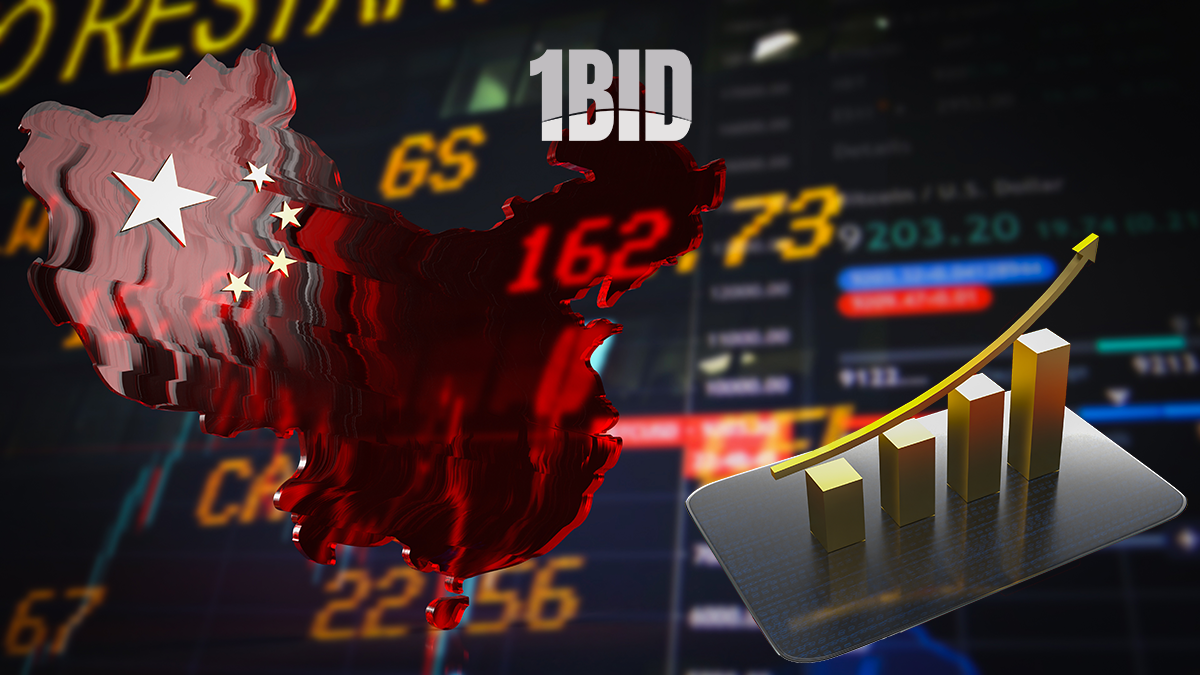This summer, Russia and other countries that are members of the OPEC “cartel” began to cut oil production. Most likely, this was due to the fact that during the coming global crisis, oil quotes would not fall below $80 per barrel, since below this mark, oil companies operate at a loss, not even recouping the cost of its transportation. Most often, on such news, not only large buyers of precious raw materials enter the market, but also stock speculators who are able to push price quotes per barrel far into the sky. But! Even taking into account the fact that at the last meeting of OPEC there was an agreement on a further voluntary reduction in oil production, and Russia is ready to reduce supplies abroad until October, oil keeps the price around $86, and strong demand is not observed. Obviously, you will say that this is a crisis, and at such moments when production suffers, the demand for oil falls. But there is a catch. If you pay attention to the data on crude oil inventories of the main player and consumer, and this is the United States, which are at the lowest levels and continue to decline, then we can conclude that the price is held intentionally. The OPEC countries are artificially trying to create a deficit, and America is doing everything to prevent people from buying oil, selling its shale oil much more expensive and imposing severe restrictions on other countries. So, who will win? And the answer lies in the principles of human essence: the more a person experiences a lack of something, the more he wants. This is the main strategy of the OPEC countries, but the limit to this deficit has not yet been reached.
Đầu Tư Trong Thời Kỳ Bùng Nổ Bitcoin
Bitcoin đang tiến gần đến mức cao nhất mọi thời đại, nhưng sự tăng giá này chưa làm tăng sự quan tâm đáng kể từ các nhà đầu tư bán lẻ. Mặc dù đạt 73.562 USD vào ngày 29 tháng 10, sự phổ biến của tiền điện tử này trong số các nhà đầu tư bán lẻ vẫn còn ít ỏi, với xu hướng tìm kiếm và xếp hạng ứng dụng cho thấy rất ít thay đổi.








